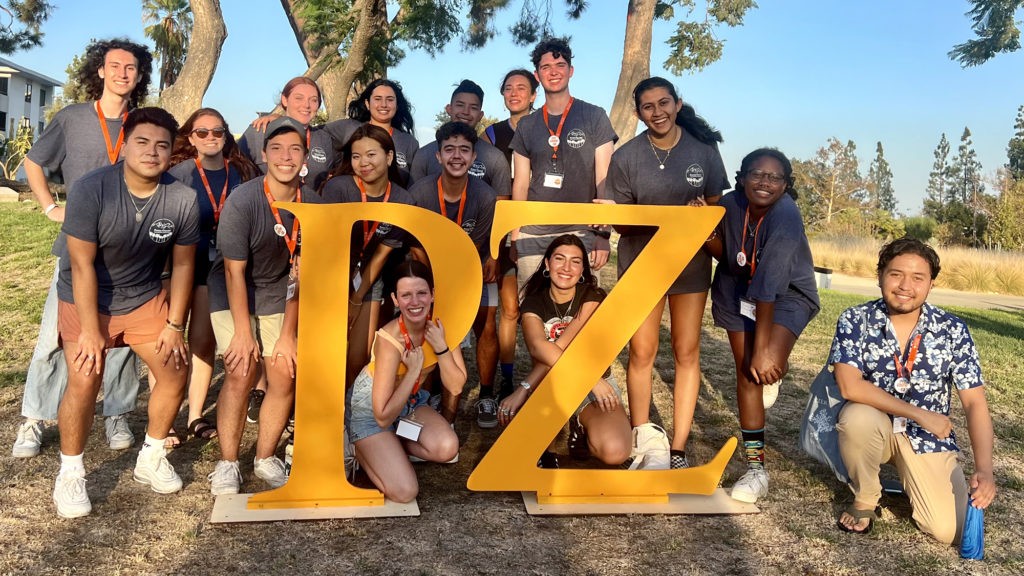
Campus News
This summer and spring brought exciting events to the Pitzer community. Below are a few highlights and headlines from around the Mounds and around the country.
Summer Welcome Receptions
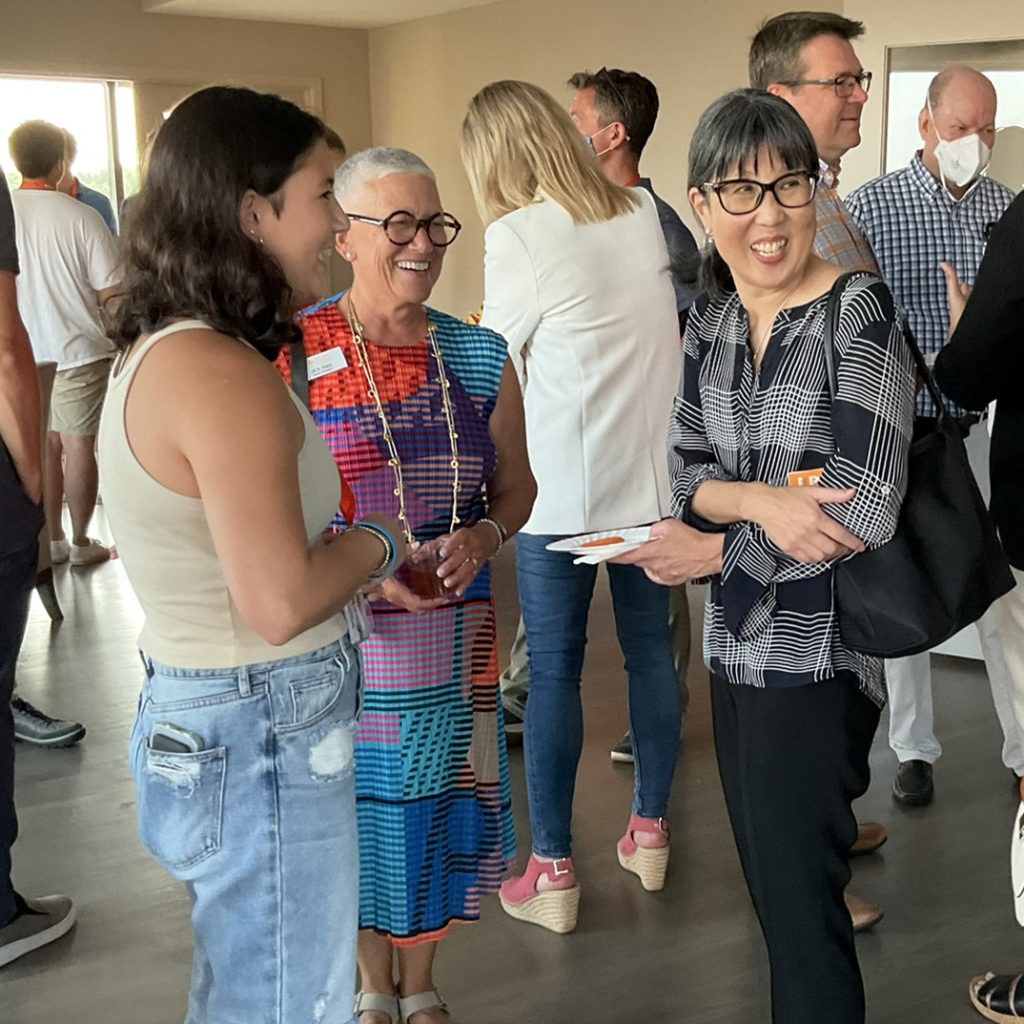
Pitzer hosted 11 Summer Welcome Receptions for the College’s newest students and their families. From the Bay Area to the Colorado Rockies to the city that never sleeps, parents of Pitzer students—past and present—invited members of the Class of 2026 and their loved ones into their homes. Interim President Jill A. Klein P’15—herself a parent of a Class of 2015 alumna—hosted two receptions, one in Washington DC and one in Claremont at the Pitzer President’s Residence. Pitzer’s Alumni & Family Engagement team held a virtual reception for anyone who couldn’t make it in person, featuring leaders from Pitzer’s Office of Student Affairs and Office of Study Abroad and International Programs. More than 85 families participated in these summer events welcoming the newest members of the Pitzer community.
Pitzer Makes an Impact
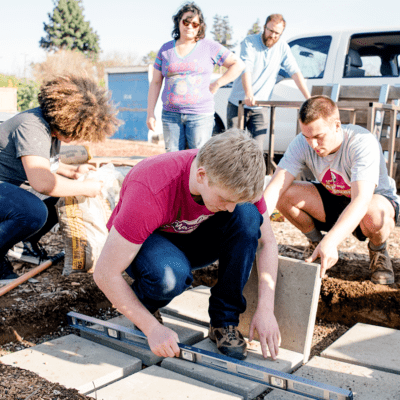
In August, the Princeton Review once again counted Pitzer as one of the nation’s best colleges. In its Best 388 Colleges: 2023 Edition, the Review ranked Pitzer #2 for “Most Politically Active Students,” #3 for “Green Matters: Everyone Cares About Conservation,” and #5 for “Best Campus Food.” Pitzer ranked #1 among the Top 20 Best Schools for Making an Impact (Private Schools) earlier this year in the company’s Best Value Colleges 2022 rankings.
Racial Justice Initiative Explores Anti-Black History of Medicine
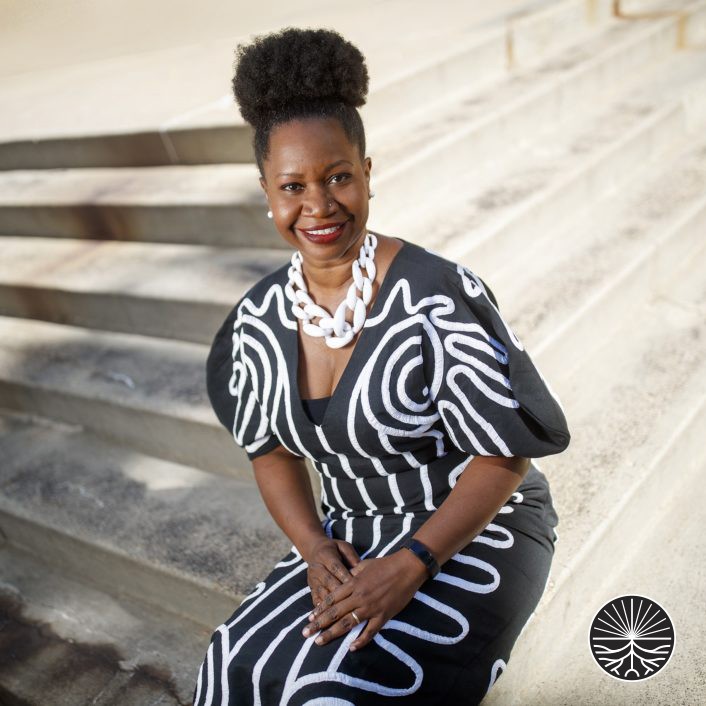
In April, award-winning historian Deirdre Cooper Owens gave the spring 2022 Distinguished Lecture for the Racial Justice Initiative (now known as the Melvin L. Oliver Racial Justice Initiative). In her virtual talk, Cooper Owens traced how anti-Blackness and health inequities from the Antebellum era continue to manifest in modern-day medicine. Cooper Owns reframed false notions of “biological differences” and pathology and examined how racial bias in pain perception affects how Black people have been treated—and continue to be treated—in the medical field.
Glass Humanities Lecture Looks at Environmentalism Through Art
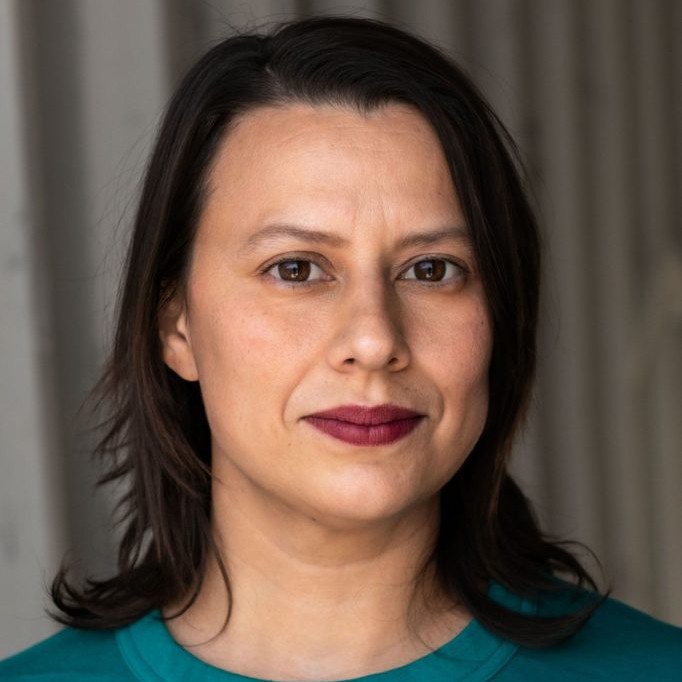
The multidisciplinary Colombian artist Carolina Caycedo delivered the Stephen and Sandra Glass Humanities Lecture on April 7. Caycedo is an artist who examines environmental and social issues through different art forms, including performances, videos, artist’s books, sculptures, and installations. Caycedo’s lecture, “Spiral for Shared Dreams,” encompassed the privatization of waterways, environmental activism, and deconstructing the colonial gaze through various artistic mediums.
Pepper Lecture Discusses Art, Abstraction, and Indigenous Knowledges
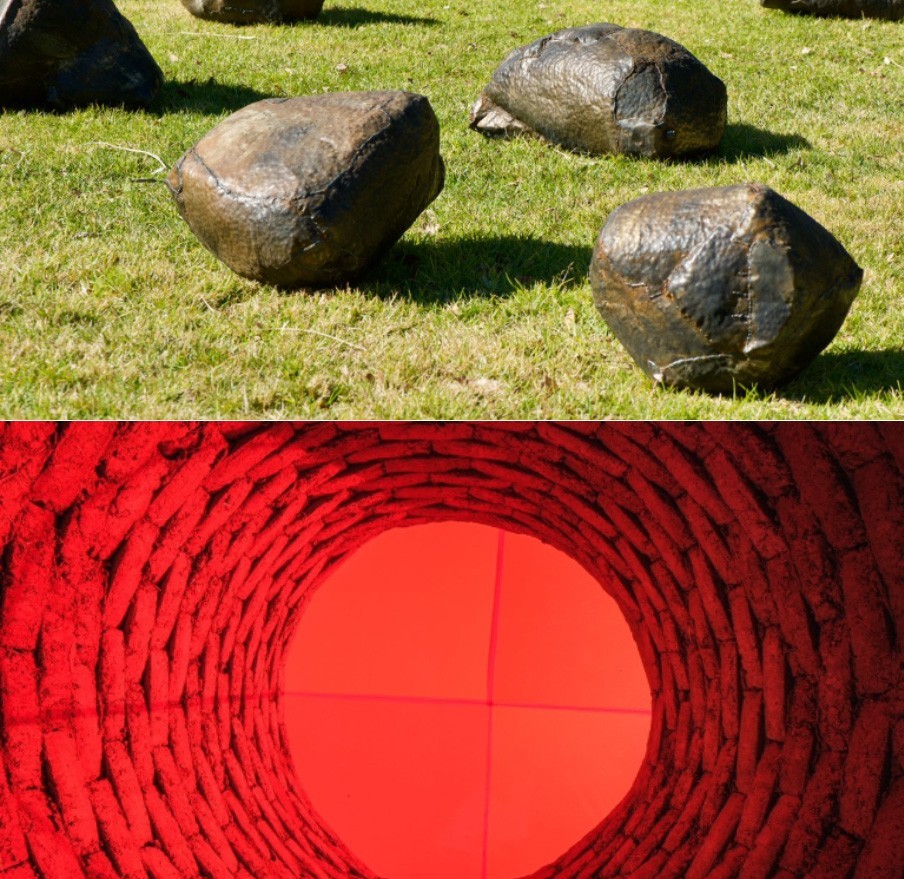
Multidisciplinary artists Beatriz Cortez and rafa esparza discussed their collaborative practices as part of Pitzer’s Murray Pepper and Vicki Reynolds Pepper Distinguished Visiting Artist and Scholar Lecture Series on April 12. Their talk was followed by the closing reception for the Pitzer College Art Galleries’ Beatriz Cortez: Cosmic Portals exhibition, which explored Indigenous knowledges, multiple temporalities, and ancient forms of abstraction. During their conversation, Cortez and esparza discussed “the ancient idea of the unfolding of worlds as a continuum and as the context for their exploration of cyborgs, hyperobjects, and gestures as acts of generosity across time and space.”
Justice Education Initiative’s Inaugural Conference
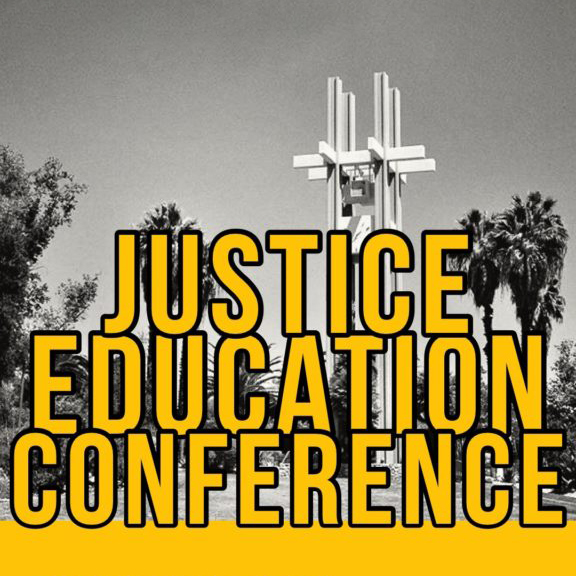
The Justice Education Initiative at The Claremont Colleges held its inaugural conference, Inside Perspectives Guiding Outside Action, both in person at Pitzer College and virtually on April 28 and April 29. Organized by currently and formerly incarcerated students, the conference amplified the voices of those directly impacted by the criminal legal system, while highlighting the importance of higher education, healing, peace and reconciliation, advocacy, and abolition. Held in commemoration of the 30-year anniversary of the Watts Truce, the conference featured members of the Pitzer community and scholars from across The Claremont Colleges, including Kenneth Butler ’22 and Reggie Bullock ’22, who are among the first participants in Pitzer’s Inside-Out Pathway-to-BA program.
Pitzer Parents Invest in Mental Health and Wellness
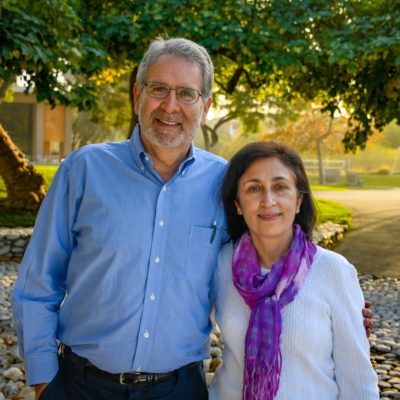
When Larry Raskin P’23 and Ramesh Sinaee P’23 toured college campuses with their son, Elliot Raskin ’23, they learned there was a growing mental health crisis among college students nationwide. Raskin and Sinaee reached out to Pitzer with an offer to help seed a program to address mental health issues. In partnership with the Pitzer administration, they helped establish the Strive2Thrive program in 2019 with a gift of $75,000 to better support the critical mental health needs of Pitzer students. In December 2021, they pledged an additional $100,000 to kickstart a Strive2Thrive campaign. Since its inception, Strive2Thrive has provided new resources and programs for Pitzer students, including Wellness Wednesdays, which address different aspects of mental health each week.
Transformative Gift to the Robert Redford Conservancy
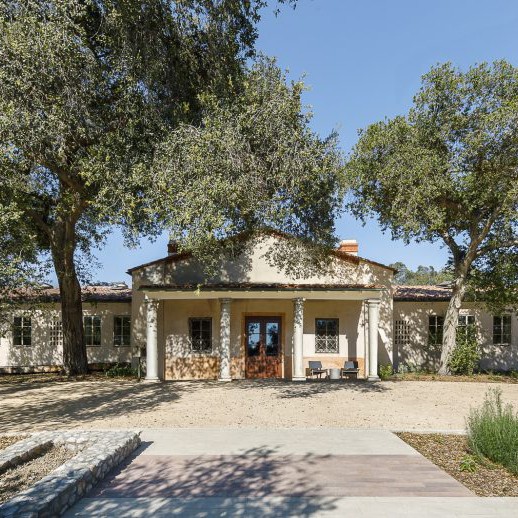
As it approaches the 10-year anniversary, Pitzer’s Robert Redford Conservancy for Southern California Sustainability has a vision for its next phase—and the future of the planet. Pitzer Trustee Harold A. Brown and his wife, Eileen, donated half a million dollars to the Conservancy last year. With such support, the Conservancy can continue and expand programming. Over the past year, the Conservancy has helped produce two climate-action policies for the City of Riverside and co-hosted a farmer training with the nonprofit Huerta del Valle. The Conservancy expanded its K-12 work to reach 4th and 5th graders in under-resourced schools and collaborated with The Claremont Colleges Intercollegiate Media Studies Program to create eco-documentaries. Finally, the Conservancy has developed an animated map about the warehouse takeover in the Inland Empire that has been featured in Los Angeles Times.
